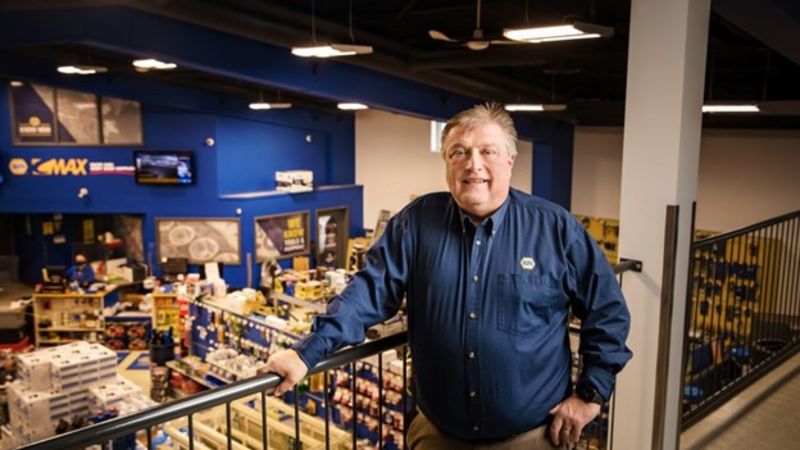
Former Coyotes forward Craig Cunningham returns to ice with prosthetic skate
VANCOUVER — Former NHL forward Craig Cunningham just wanted to say thanks and debut his new skating leg.
The 28-year-old posted a video to Instagram on Wednesday that shows him taking a quick spin around an arena in San Diego, deftly carving the ice using a prosthetic leg.
By Friday, the clip had been viewed nearly 600,000 times and garnered hundreds of comments calling Cunningham an inspiration.



